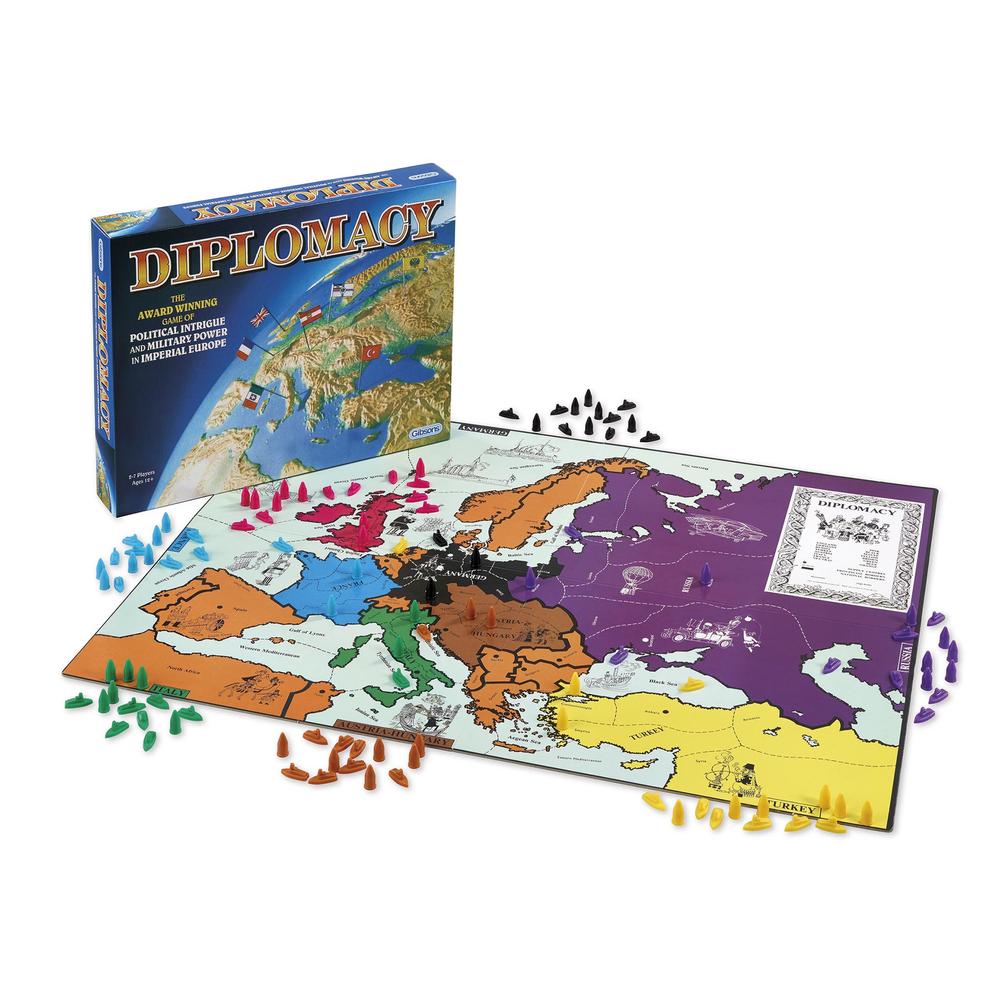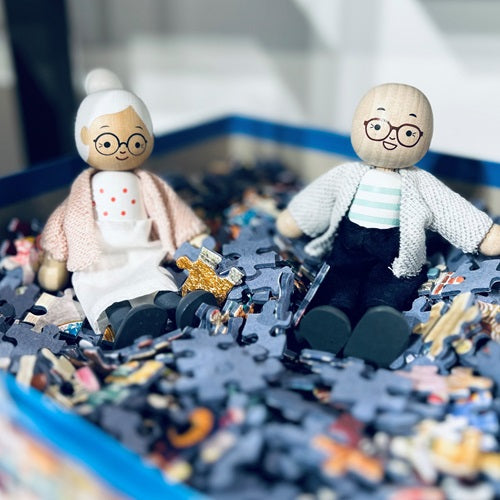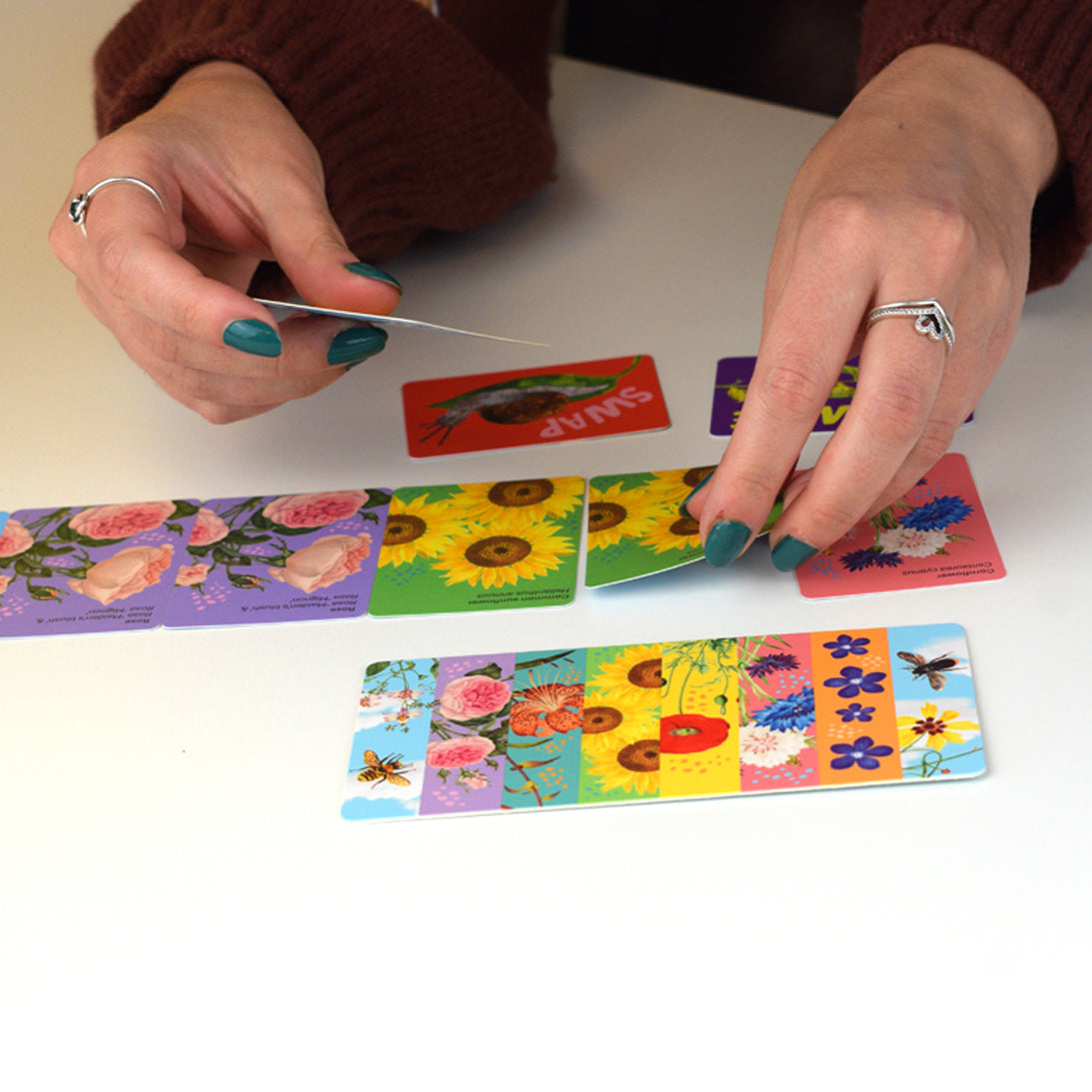
You might be surprised to hear that board games can be vital in developing essential learning skills in children. Yes, apart from being a fun way to spend some quality family time together, board games can also be educational.
With the summer holidays well underway, it can be challenging to make sure that your kids are still getting opportunities to expand upon their learning. Especially when so many modern home learning methods come from a computer, tablet, television or phone. Many children across the UK already spend too much time in front of a screen!
Board games offer a screen-free pastime for your kids that will continue to develop valuable learning skills. Here’s why!
Why are board games great vehicles for learning?
Board games can be educational but first and foremost, they’re designed to be fun!
When your child plays a board game, there’s no pressure on them. During play, your child isn’t being assessed on the outcome, and their teacher isn’t going to give them a score for their success in the game. Straightaway, this makes board games much more attractive to learners, compared with a traditional classroom environment.
Ultimately, board games are such a great vehicle for learning because we all want to play games. Give anyone (adult or child) the choice of playing a game, studying, or taking a test and most of the time everyone will pick the game.
So, what learning skills can board games develop?
Now that we know why board games are great at developing learning skills, let’s look at what benefits they actually provide. A board game doesn’t have to specifically state that it’s educational to have an impact on your child’s development. Any good board game can help boost any of the following 7 skills.
1. Memory formation
Certain types of board games can help to develop your child’s short-term and long-term memory. The more they play, the more skilled they get and remembering what worked well and what didn’t, helping to build on previous experiences. The more your child’s memory function is exercised, they start to build up a body of expertise over time, helping them to recall certain strategies employed in other games.
This is especially important for younger children. For example, memory-based games, like our Superhero City Memory Game, develop important memory skills that they can then apply in other areas of their life as they grow up.
2. Processing speed
Board games that require players to observe and then respond quickly, while maintaining concentration are a great way to develop and improve your child’s processing speed. As Dr Randy Kulman (Learning for Kids) writes:
“Games with simple rules that emphasize rapid visual detection and rapid motor response, with additional demands on focus, can help children improve their ability to perform a cognitive task automatically.”
It’s widely known that playing video games can improve processing speed in children, but there’s no denying that their tabletop ancestors can too!
3. Logic and reasoning skills
Strategy board games can give children the opportunity to develop crucial logic and reasoning skills. Logical thinking, in particular, is one of the essential mathematical problem-solving skills that can help them later in life.
Experiencing and then reacting to the outcomes of their decision when playing a board game helps your child to develop an understanding of logic. This is the vital skill that gives us the ability to predict outcomes in the future. Even if we have never been in that situation before.

Take our game Diplomacy for example. This is a classic game of strategy, where players use their logic to determine the outcome of both their opponent and their own next move. Likewise, Diplomacy includes a ‘negotiation phase' where players use reasoning skills to form and betray alliances with other players.
A classic game of chess is also a great game for boosting memory and logic skills.
4. Critical thinking
Past research has shown that playing board games and combining them with metacognition (the awareness of your own thought processes and understanding the patterns behind them) can boost critical thinking skills. Children can become better learners when they believe that intelligence can be improved upon with regular practice, and the research also showed that they learn more when they can explain their reasoning processes. So, by allowing your children to play board games, you can ultimately turn these games into a powerful learning tool when you teach your kids that problem-solving can be strengthened with plenty of practice and learning.
5. Spatial reasoning
Many board games can be used to improve your child’s spatial reasoning.
Spatial reasoning is a type of reasoning skill that allows children to visualise spatial images in their heads. Meaning? It helps them to think about objects in three dimensions and then mentally manipulate them. This skill is especially important in how children tackle maths.
In a Michigan State University study, researchers found that as little as 20 minutes of spatial reasoning training can improve a child’s maths abilities. So what better way to improve your kid’s mathematics skills than opting for a board game that boosts their spatial reasoning? Why not give our Three Frogs More game a go?
6. Problem-solving
If you think about it, all board games are about solving problems. Everyone knows how to win, but you need to know how you’ll achieve that victory. How will you make sure you get there? When your child plays a board game, they have to make decisions within a framework so that they can solve problems in their attempt to win. Likewise, playing board games not only helps with your child’s ability to solve problems, but they also help to develop their maths skills too!

7. Verbal and communication skills
All board games create communication, and some go so far as to even make it the requirement to be successful in the game. When your children are young, some games can be great for improving their vocabulary, and when they’re older, others can impact their reasoning and debate skills.
Take our Pass the Bomb game as an example. This fun family-friendly game challenges children to complete five different educational tasks, one of which, Rhyme Artist, tests their rhyming abilities.
Gibsons have a large variety of board games that can develop your children’s learning skills
At Gibsons, we produce games and puzzles that help with your child’s learning and development. If you’re interested in having the perfect night of fun with your children, then we have a large selection of award-winning educational board games for you to choose from.
Got a question about one of our games or puzzles? Feel free to get in touch, a member of our team will be more than happy to help you.



0 comments